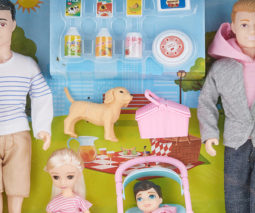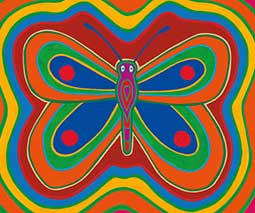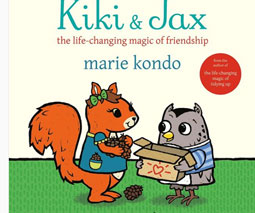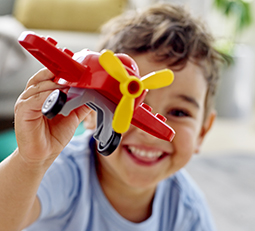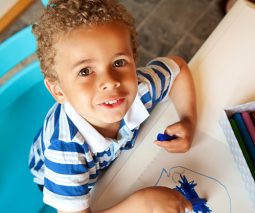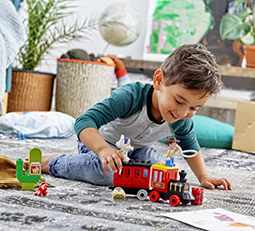Bang, tap, crash! How children learn and grow through playing with sound
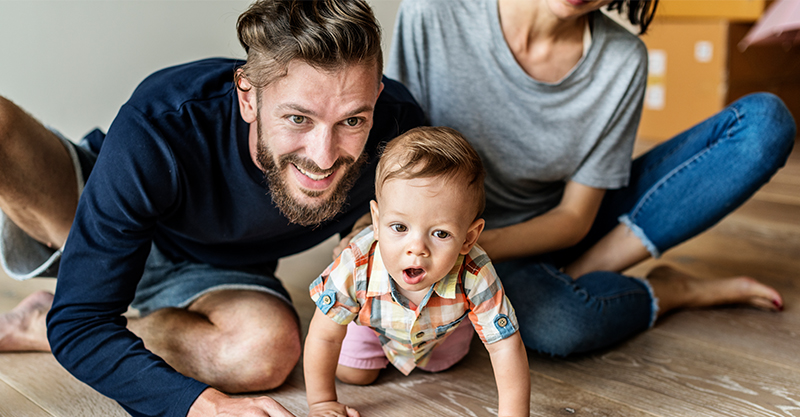
Have you ever noticed how much young children like to bang and tap on the everyday objects around them? Give them a saucepan and a wooden spoon and they’re going to be happy for ages! Well, it turns out that all that banging is about so much more than just making noise.
Dr Naomi Hackworth is a psychologist and child development expert with raisingchildren.net.au and has a particular interest in how playing with sound helps nurture children’s development.
Learning with sound
Naomi says that the sounds that nurture our children’s development definitely include music. But the sounds that help grow our little ones also extend beyond that. Making sounds, playing with different volumes, echoes, pitches, melodies and rhythms all play a role in helping our children learn and Naomi notes that the lessons start very early.
From the very early days, parents are teaching their children about the importance of sound.
“Getting up close to their child and using a singsong voice,” Naomi explains is one way that we instinctively help our “child to understand how those sounds make a difference and that they’re part of communication.”
Listen to Dr Naomi Hackworth on Feed Play Love:
Connecting to themselves and beyond
Children are instinctively curious about their surroundings and as they listen and play, they’re creating important connections to their world.
“When children are experiencing sound, there’s lots of different things that are happening in the sound,” Naomi says. “So it’s not just what they hear. There’s also vibrations, there’s movement, there’s rhythm, there’s lyrics, there’s words … and lots of connections to emotion.”
They’re also nurturing vital connections within their own rapidly developing brains.
“Their brains are being activated in lots of different areas and they’re getting connections laid down between those areas of the brain,” Naomi explains.
“Those connections start to build the structures that form the foundation for development. So when parents interact and they get that back-and-forth happening and talk to their children and play again and again and again, then those connections just form layer upon layer. It really has a positive impact on the child’s early development.”
Listen up, little one!
Sparking connections in little brains is not the only job playing with sound is working hard at.
“Sound is also about all other aspects of development,” Naomi explains. “So when a child’s playing with sounds, they’re learning lots about their world and they’re developing thinking processes.”
“So for example when a child is banging a hard toy on a high chair or their soft sandwich, they’re learning a lot about soft and hard. When they’re making noises to their parents and they’re doing that in a soft way or in a loud way and their parents are responding, they’re getting to make that link between tone and emotion so it’s helping their social and emotional development.”
These play-and-learn benefits from exploring sounds extends to physical development, taking in fine and gross motor skills too.
“When they’re using sounds around rhythm and percussion and dance and movement. They’re building their physical skills,” Naomi says.
“Sound really impacts on all aspects of their development.”
This post is sponsored by LEGO DUPLO. The fun way to create and connect.
